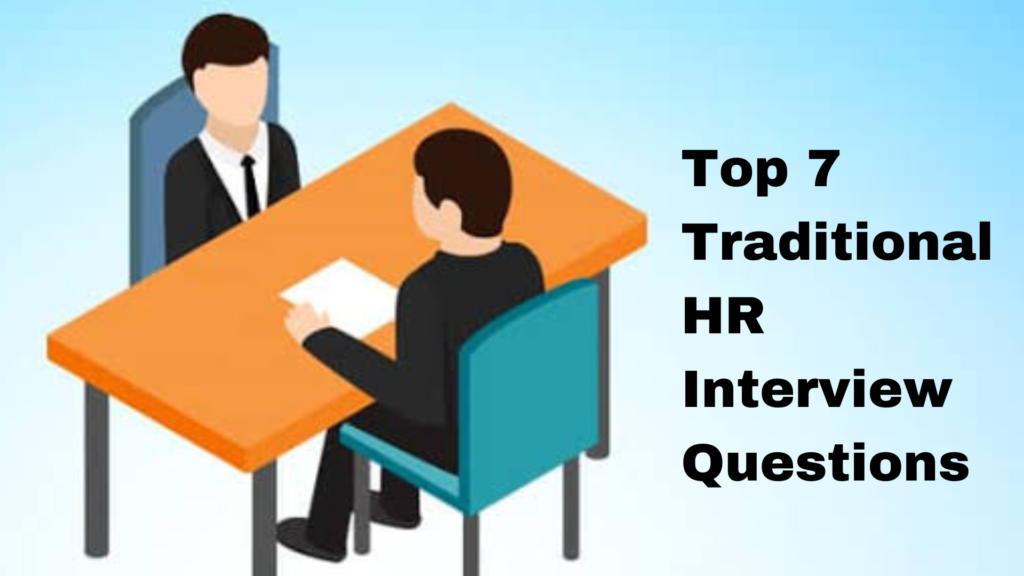Finding a new job, whether you’re changing fields or starting, can be both tough and rewarding. Set aside time to gather information and prepare for your interview in order to present yourself as the best contender for the position. Find positions that fit your skill set and uncover your selling qualities to land the job of your dreams. In this post, we will discuss how to acquire a job and make recommendations to help you land your dream job.
[lwptoc]
How Do I Find My Dream Job?
To choose the best career for you, spend time studying numerous job titles and compiling the appropriate application papers for each one. Follow these steps to find a dream job that is a good fit for your objectives and career needs:
- Investigate job openings thoroughly.
- Networking can help you find potential prospects.
- Sort through your job-search materials.
- Create an excellent resume.
- Create a formal cover letter.
- Maintain a professional demeanour throughout the interview.
-
Conduct thorough job-searching.
It is critical to be selective while finding your dream job that could be a good fit for you. Look for vacant employment online by looking for job titles that interest you the most, especially if you are changing fields or have recently graduated and are unclear about what function you want. Look for jobs that require you to use your present skill set or employment with responsibilities you want to have.
You must also examine the sort of organisation for which you want to work. Make a list of the values, mission statement, and culture you would want to see in a firm. Knowing what tasks you want the post to have and the qualities you search for in a firm helps you limit your chances of applying. This boosts your chances of finding a firm, finding a dream job, and a long-term career that you’re enthusiastic about.
-
Use networking to identify potential possibilities.
Make use of your networking talents to inform people about your employment hunt. Make contact with any professional contacts you may have made. These might be former coworkers or supervisors, former teachers, or other people in your sector. They may know who is looking for work and can refer you to their professional contacts. Attend networking events such as job fairs or business conferences.
When networking, prepare your elevator pitch to introduce yourself to possible hiring managers. Your elevator pitch is a 30-second overview that will help you market yourself. You can briefly summarise your job background and talents throughout your elevator pitch. You must clearly illustrate how your qualifications can assist their organisation.
-
Sort through your job-search materials.
Set aside a few hours each week to go over job descriptions. Read the job descriptions attentively as you browse various job advertisements and organise your materials correctly. Find jobs that match your desired abilities and responsibilities, and then add them to your list of roles to apply for.
Prepare the application documents specified in the job description once you’ve gathered the employment opportunities you want to apply for. Completing the job application they offer you, producing and sending your resume, writing your cover letter, providing references, or completing any other material they need are all examples of this. Try to apply for a few jobs per day.
-
Create a powerful resume.
After reviewing job postings, take note of any keywords listed. Keywords are talents, credentials, or duties that appear throughout the advertisement. These indicate what your possible boss is looking for as well as the talents or credentials required for the preferred applicant to be successful in the post. Including these keywords makes your resume stand out and attracts the attention of the hiring manager. It also helps them realise how you could be a good match for the post.
Create a simple resume that includes your career aim, education, credentials, abilities, and job experience. Highlight the keywords in each job description and include them in various areas of your resume. For example, if ‘customer service’ is a popular term, apply it casually throughout your resume. Mention how you used your customer service talents to effectively fulfil your work and improve the company’s performance when discussing your employment experience. If feasible, include this term in your abilities and career goals as well.
-
Create a formal cover letter.
A good cover letter allows you to elaborate on the material on your resume. It must be one page long and explain why you are the best match for the post. At the top, provide the date and your contact information. This information includes your name, address, phone number, and email address. Begin your greeting with a professional salutation that includes the hiring manager’s first and last name. If you can’t locate their name, write ‘Dear Hiring Manager’.
As you identify yourself and explain why you are seeking this position, your introductory paragraph must attract the hiring manager’s attention. Use your company research to discuss what you like best about the organisation and how this position fits in with your career ambitions. Your past abilities, credentials, and experience can be explained in the middle paragraphs. Connect them to the present role’s duties to pitch yourself as the ideal candidate for this position.
Use examples to emphasise and illustrate the facts on your resume. In the final paragraph, thank the hiring manager for their time and consideration for the position. You may also use this part to summarise your abilities and credentials and convey your eagerness to proceed with the recruiting process. Use a professional ending sentence like ‘Yours truly’ before signing, and add keywords organically throughout the cover letter, much like your CV.
-
Maintain a professional demeanour throughout the interview.
When requested to interview, preparation ahead of time allows you to stay confident and professional. Look for popular interview questions on the internet. You could even discover questions targeted at your unique position. Prepare a few responses to questions from interviewers. Check that your responses seem natural rather than memorised or prepared.
Prepare samples of prior projects or duties, and be prepared to explain how they helped your former employer. Review the job description and your résumé ahead of time, and try to answer these questions using terms from the job description. Arrive for the interview on time and dress professionally. This demonstrates that you are prompt and professional and take your job seriously.
Listen intently to the interviewer and nod in agreement with what they say to demonstrate that you are paying attention. Keep a positive attitude, keep interested in the conversation, and ask questions about the position and the organisation. This shows your interviewer how much you want the job and how eager you are to learn more about the firm.
Tips for Getting a Dream Job
Preparing your documents ahead of time and being professional throughout the recruiting process will help you land your dream job. Follow these pointers to locate and land the perfect role for you:
-
Check your materials for errors.
Reread your résumé, cover letter, and other application materials before sending them. As you go through them, attempt to identify any sections that aren’t relevant to the job you’re applying for. Make certain that each line is brief, relevant, and adds value to the hiring manager.
You must also double-check your resume and cover letter for spelling, grammar, and formatting problems. It may be beneficial to have colleagues or friends review your materials since they may bring a fresh perspective and may recommend modifications to improve overall quality.
-
After the interview, send a thank-you message.
Send a professional thank-you message to everyone you interviewed after the interview is finished. This is an excellent way to contact the hiring manager and convey your gratitude for being considered for the position. Thank-you letters can also help you separate from the crowd and help interviewers remember you.
Send your thank-you message within a few days of the interview. It must consist of two to four sentences. You might express your appreciation for their time, emphasise anything you learned during the interview, show your eagerness to join the team, or address something you neglected to mention during the interview.
-
Ask a friend or coworker to assist you in practising your interview abilities.
Interview practice might help you feel more confident while meeting with the recruiting manager. Request that a buddy provide practice questions and then evaluate you. Request constructive comments on your motions, movements, and questioning replies. If you are unable to practise with another person, answer questions in front of a mirror. This helps you realise how well you portray yourself throughout the interview.

